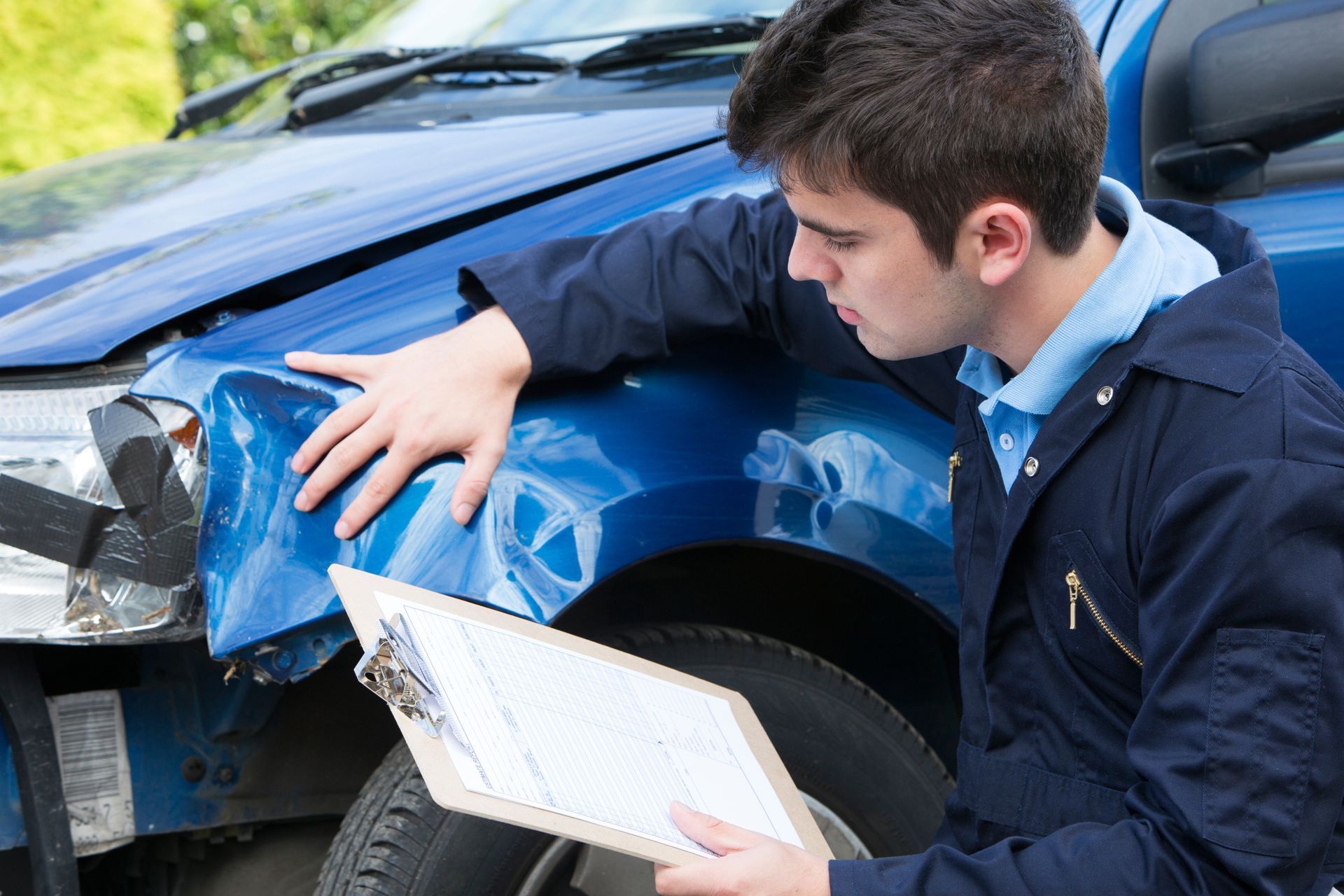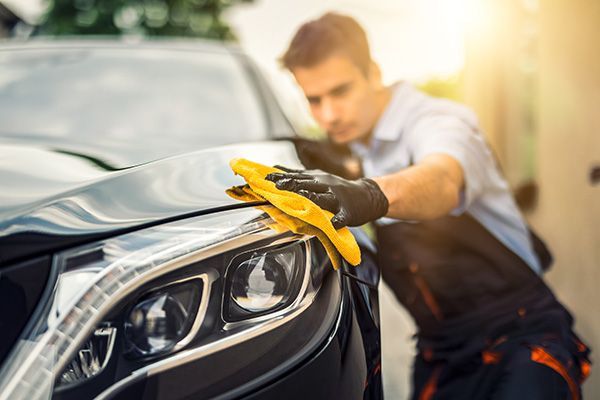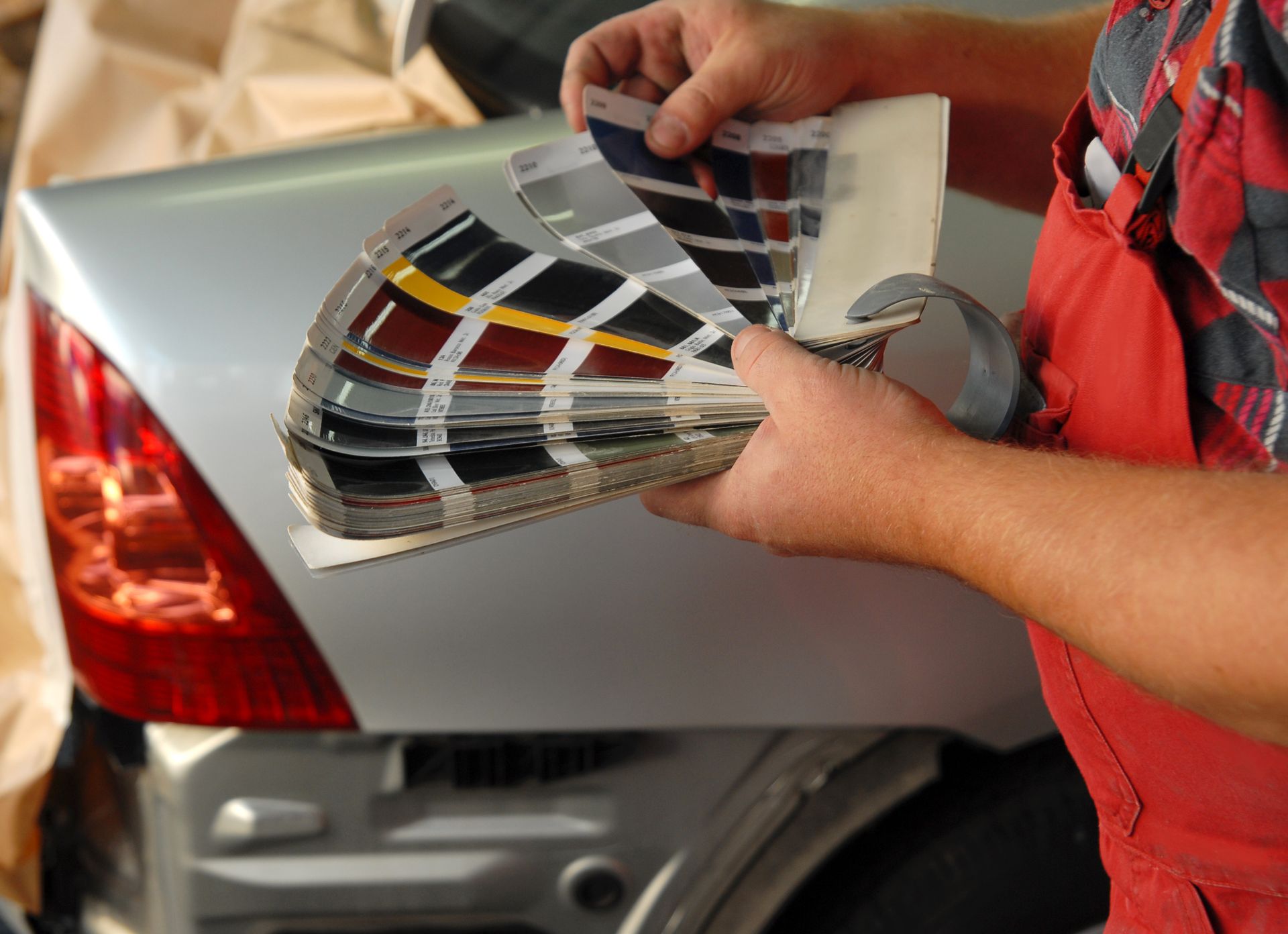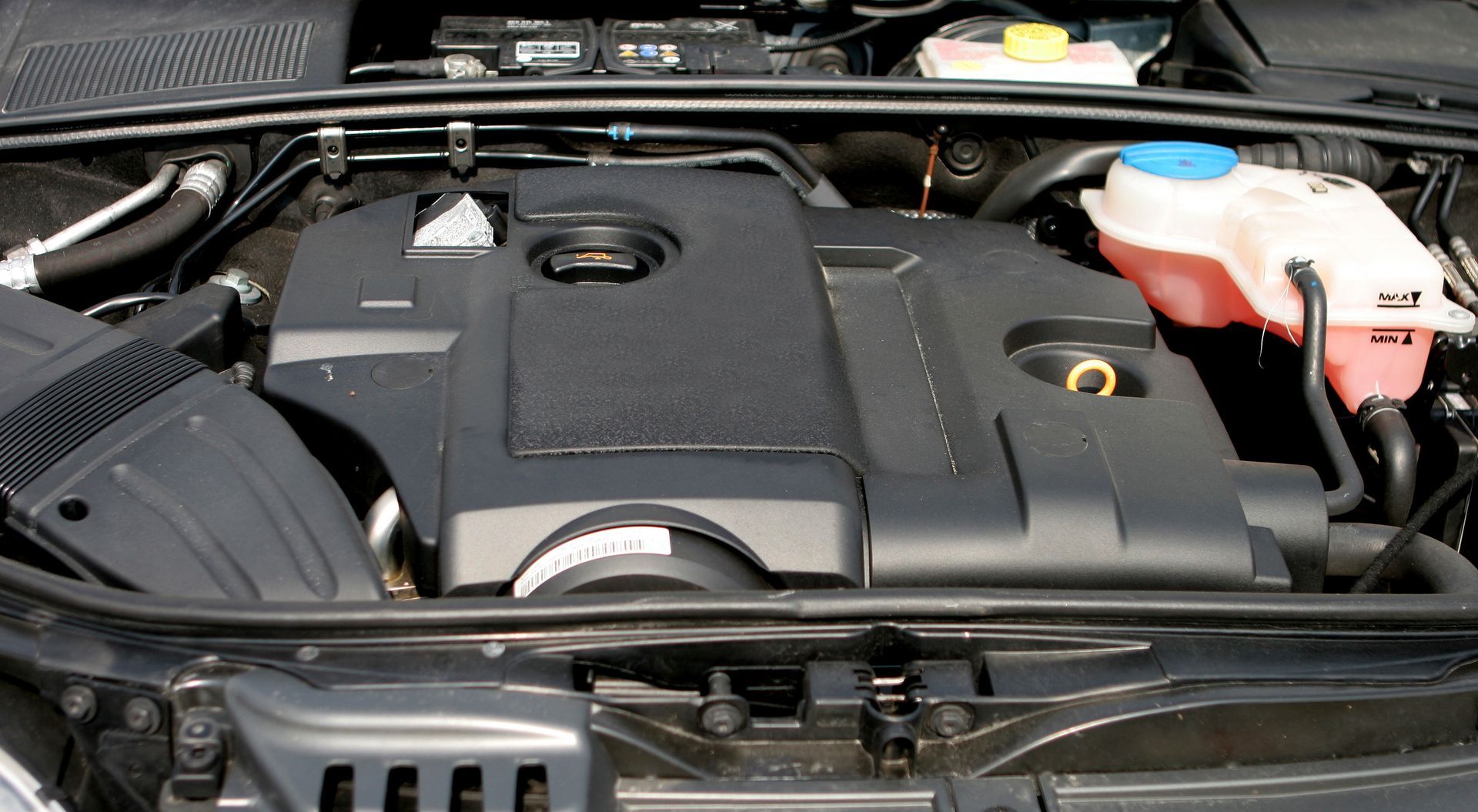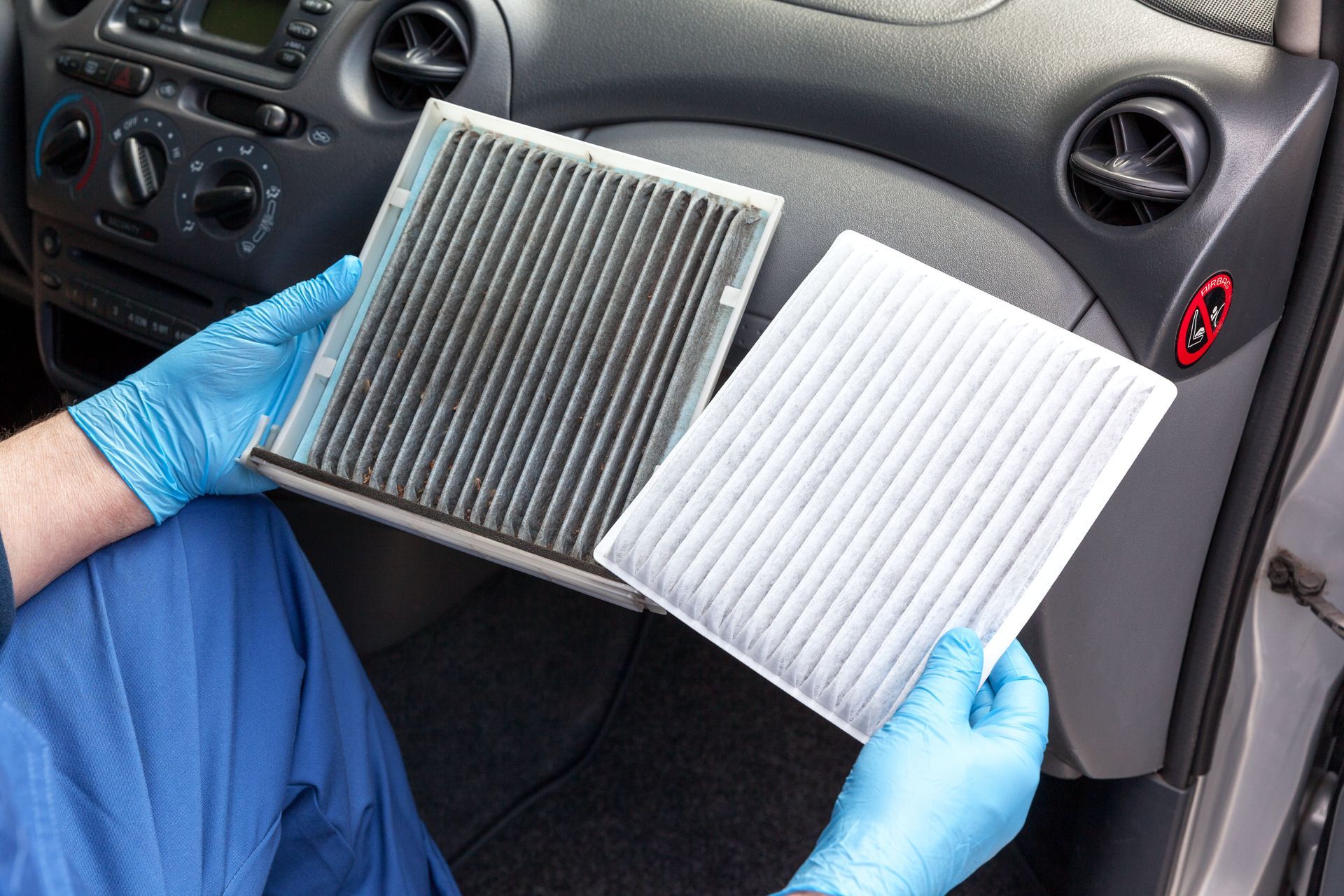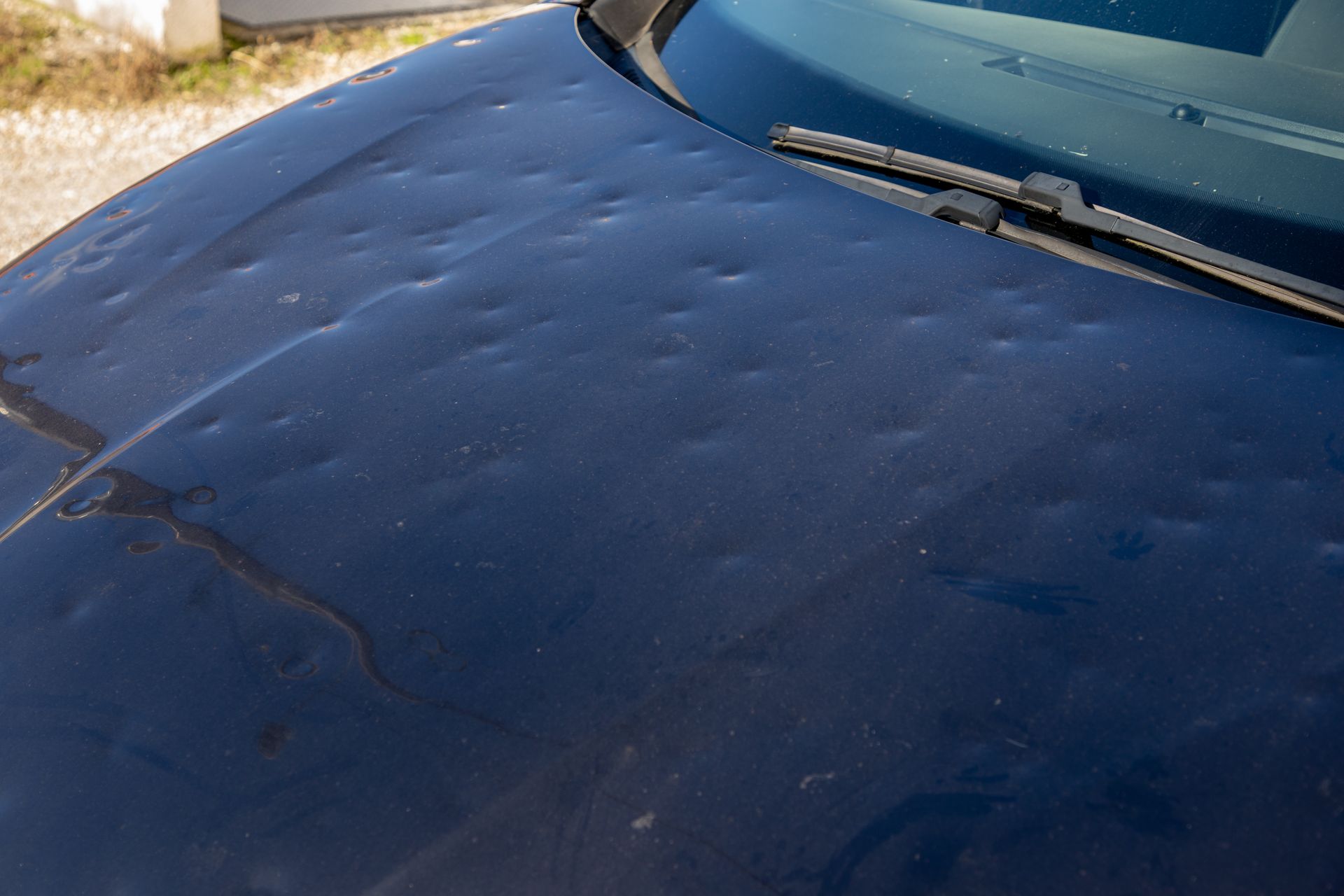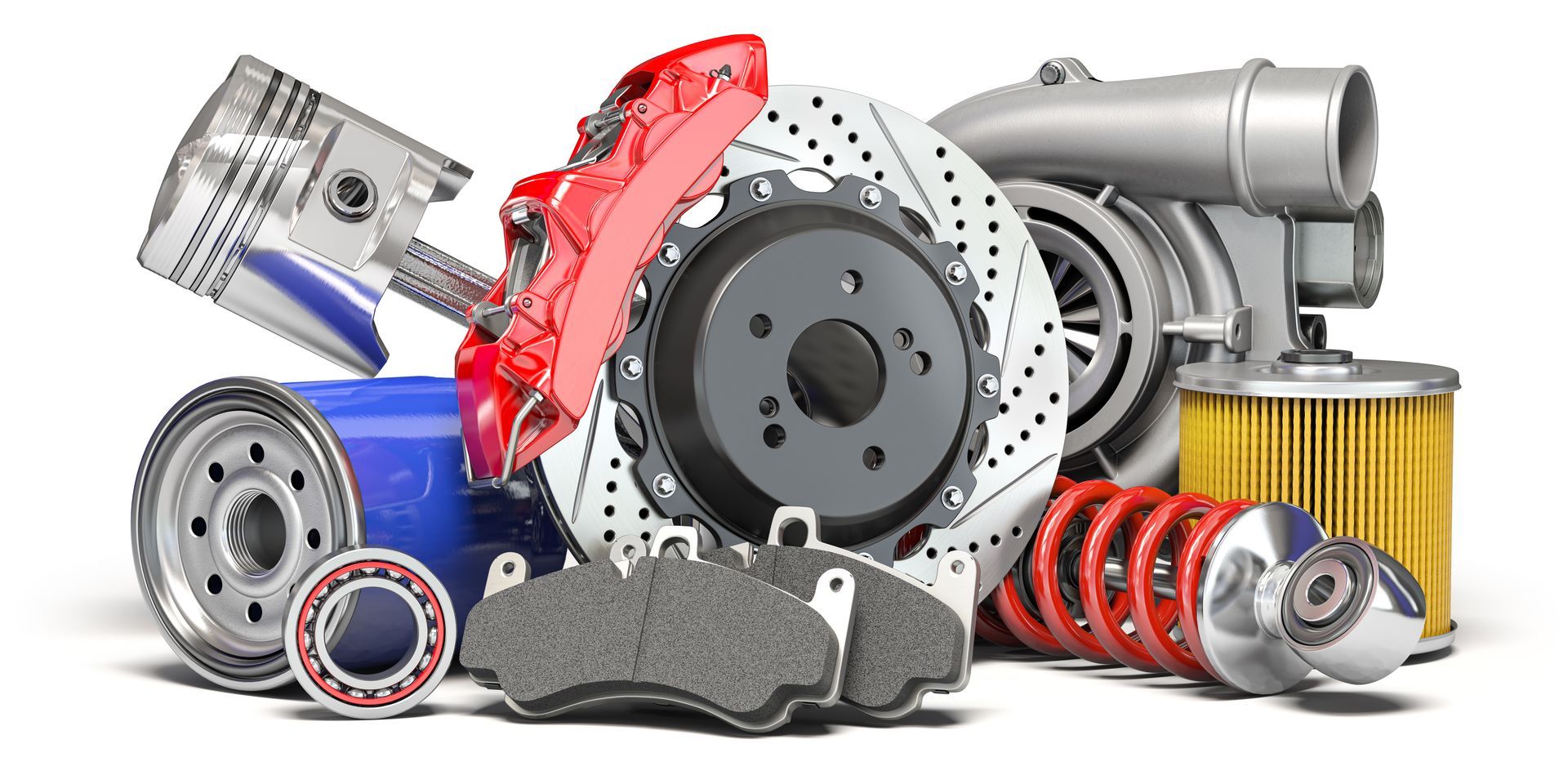There’s nothing like a peaceful morning—until you turn the key and your car lets out a high-pitched squeal that turns heads in the worst way. That ear-piercing noise might go away after a few seconds, or it might stick around longer, but either way, it's not something to ignore. A squealing sound when starting your car is more than just annoying—it’s often a sign that something in your engine bay is either worn, loose, or slipping.
Here’s a closer look at what’s likely making that noise and why it should be checked out sooner rather than later.
Worn or Loose Serpentine Belt
The most common culprit behind that morning squeal? The serpentine belt. This belt wraps around multiple pulleys and powers essential components like the alternator, power steering pump, air conditioning compressor, and water pump.
When the serpentine belt is worn, stretched, or loose, it can slip on startup—especially when cold or damp outside—creating that high-pitched squealing noise. Over time, a slipping belt can fail completely, leaving you with a dead battery, loss of steering assist, or even engine overheating.
If your car consistently squeals on startup and the sound comes from the front of the engine, this is usually the first thing our technicians will inspect.
Bad or Failing Belt Tensioner
The serpentine belt depends on a tensioner to maintain the right amount of pressure. If the tensioner is weak or seizing up, the belt can’t stay tight, which leads to slippage—and that sharp squeal.
In some cases, the tensioner itself can make noise as its internal spring or pulley begins to wear out. Ignoring a faulty tensioner not only risks belt damage but can also affect the operation of everything the belt drives.
Moisture or Contamination on the Belt
Sometimes the squeal isn't due to a worn part but rather a temporary contamination, such as water, oil, or coolant. A little morning dew or condensation can make the belt slip until the engine warms up and the moisture evaporates. If the squealing goes away after a few minutes and doesn’t return, this could be the cause.
However, if the belt is contaminated with engine oil or coolant from a nearby leak, it won’t take long before it deteriorates. In that case, the squealing won’t stay a one-time annoyance—it’ll become a regular thing until the issue is fixed.
Cold Starts and Humidity
Cold weather and Florida’s humid mornings can make belts more prone to squealing. When temperatures drop, belts become less flexible and may slip slightly when the engine first fires up. Combined with high humidity or condensation from overnight air, it creates the perfect squeal storm.
While this type of squeal might go away quickly, repeated cold-start squealing is still a sign the belt is aging or that the tensioner may need adjusting.
Worn Accessory Bearings or Pulleys
If the belt itself looks fine and the tension is good, the issue might be with one of the components it turns. A worn-out bearing in the alternator, A/C compressor, or idler pulley can squeal loudly when starting the engine. These noises may sound similar to a belt issue but are usually more localized and might persist longer.
A mechanic can use a stethoscope or belt removal test to isolate the problem and figure out which component is making the noise.
Why You Shouldn’t Ignore the Squeal
That squealing sound may only last a few seconds, but it’s a warning. Belts and pulleys don’t fix themselves—they wear out slowly and then fail suddenly. A belt failure on the road could leave you without electrical power, a working water pump, or even a functional steering system.
It’s a cheap fix if caught early, but letting a minor squeal become a major failure can easily turn into an expensive tow and repair.
Orlando City Auto Body – Expert Belt and Engine Care in Orlando, FL
If your car squeals like it's protesting every morning start, bring it to
Orlando City Auto Body in Orlando, FL. Our team will inspect your belts, tensioners, and pulleys to find the source of the sound—and get it fixed before it becomes something more serious.



